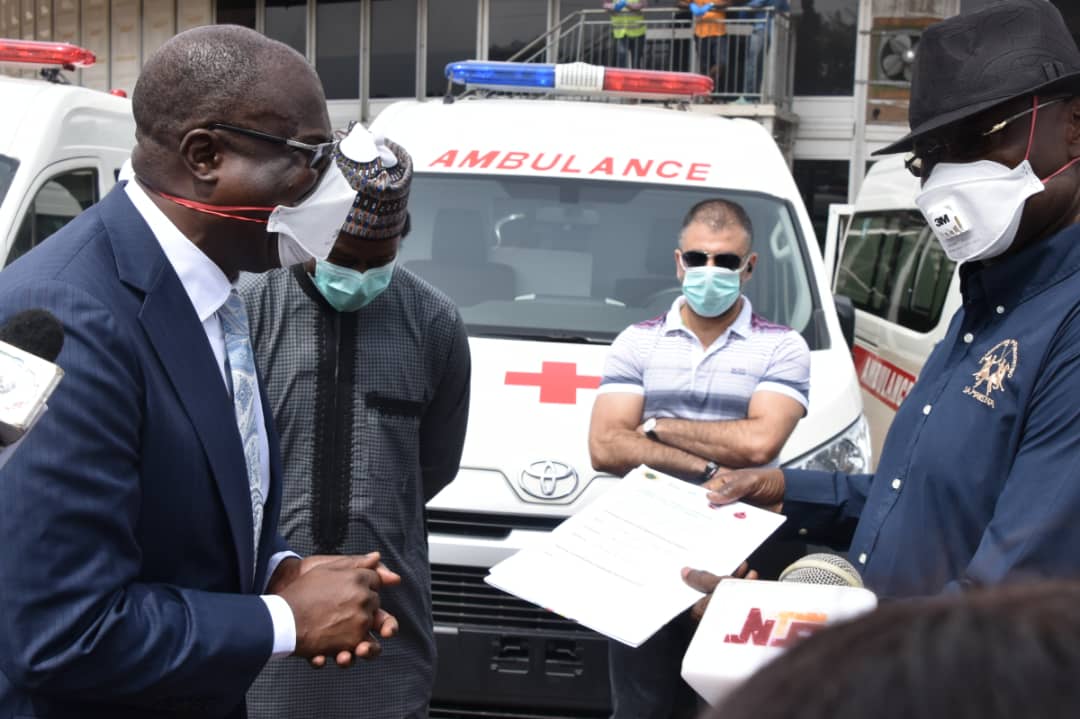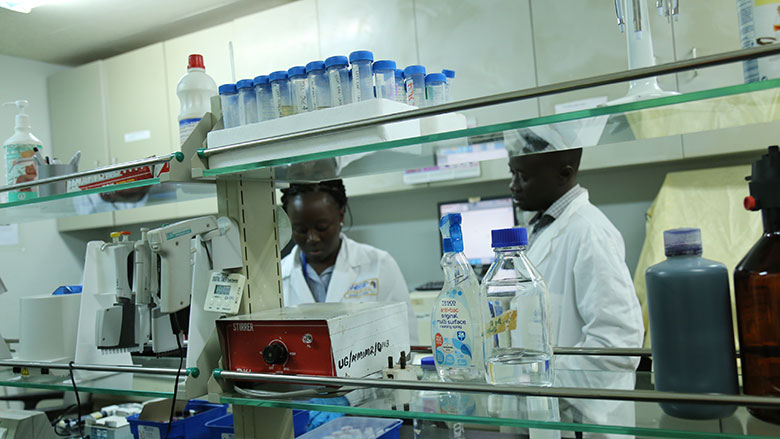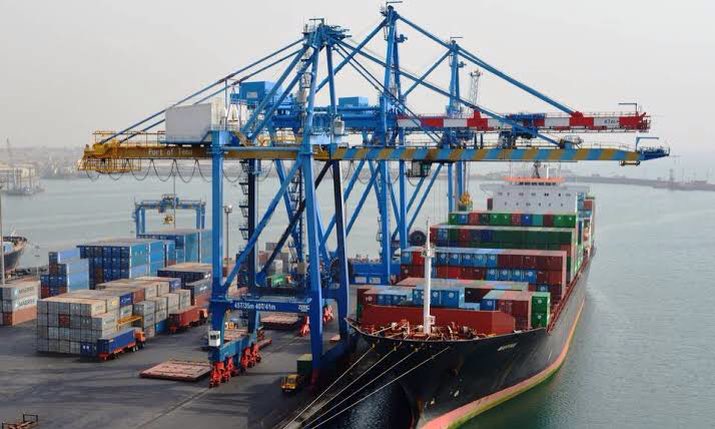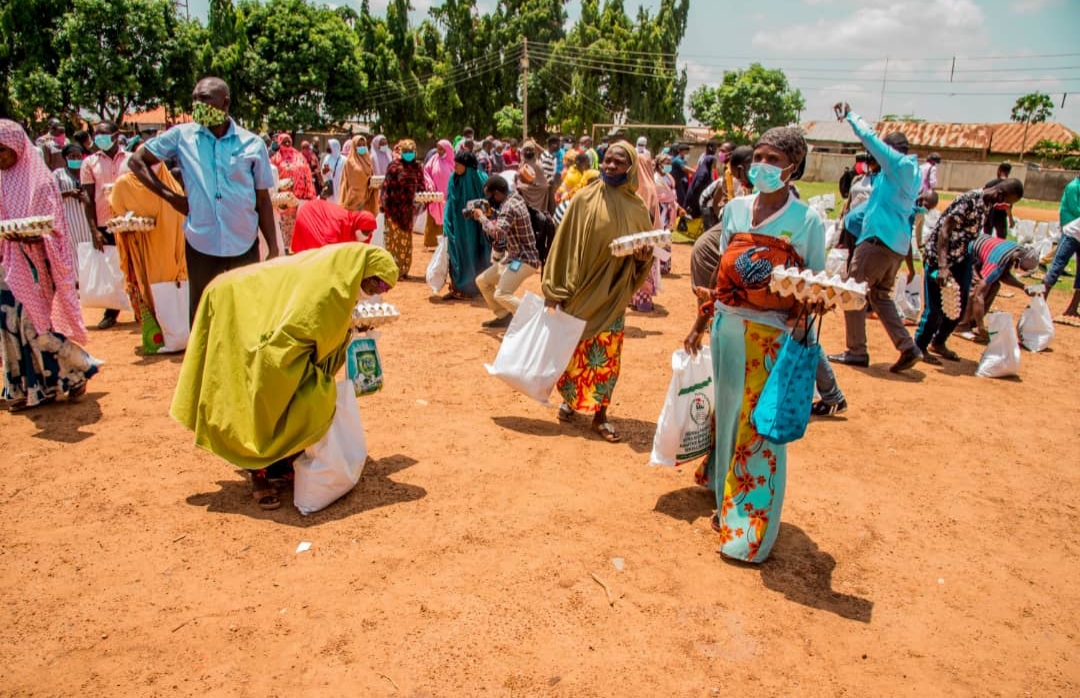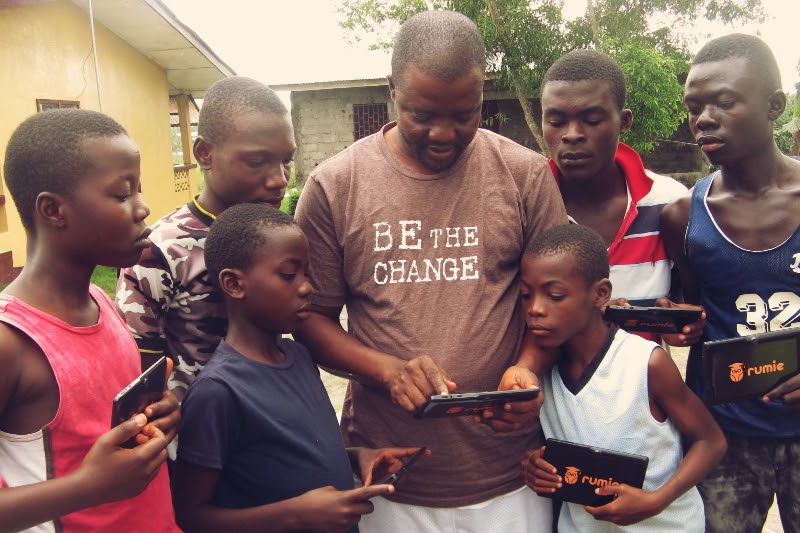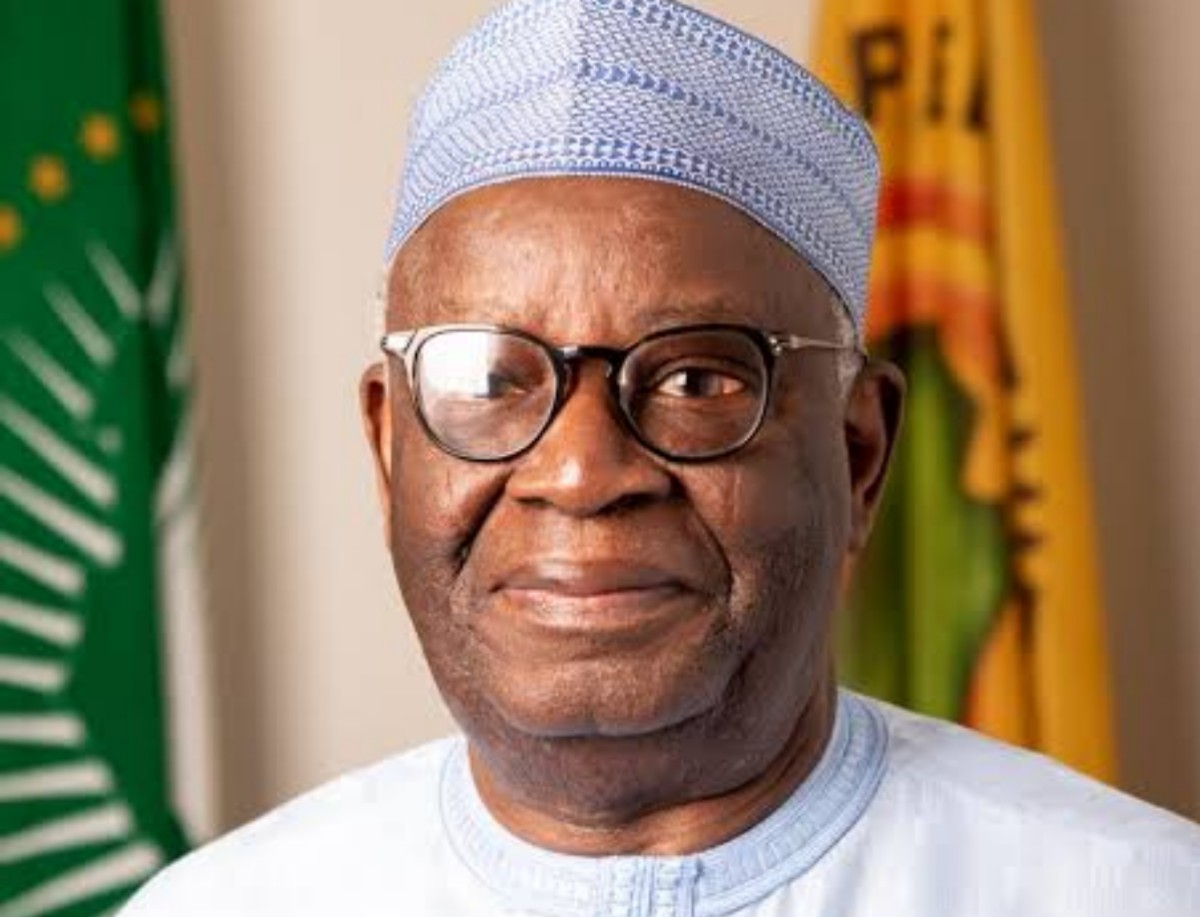BY BEKEME MASADE-OLOWOLE
A government’s ability to deliver its political mandate – strengthen the economy, ameliorate health and living challenges of its citizens, ensure security of lives and property, maintain the rule of law, and sustain social cohesion – depends not just on the resources at its disposal, but how effectively they are utilised.
Issues of emergency management, either in the form of natural disasters or global outbreaks, are some of the unforeseen contingencies that governments, unfortunately, need to grapple with. Sadly, humanitarian relief and reconstruction efforts which usually come with the influx of funds, goods and services following such crisis, are particularly vulnerable to corruption and have a high chance of being subject to waste and mismanagement. Countries that, however, put adequate response frameworks in place end up effectively managing the situation.
While some countries, especially in the developing world grouping, contend with misappropriation and mismanagement of emergency funds, others are making progress towards effective emergency management, most notably through a shift from a primary focus on disaster relief to a more holistic approach that emphasises preparedness and prevention measures.
Whilst it is not permissible for citizens to tolerate any form of opacity in the spending of public funds, it is even more irremissible to allow any frivolity in the utilisation of goodwill donations particularly those made towards fighting an unfortunate scourge as the coronavirus pandemic.
Advertisement
This was what informed my article of April 14, 2020, titled ‘COVID-19 Pandemic and the Goodwill of Nigerians’, where I urged transparency and efficiency in the management and administration of COVID-19 donations by asking that the government presents a publicly available and accessible platform that would enable citizens easily track COVID-19 donations and disbursement and to establish a team of trusted and capable people to manage all such. In my ensuing Channels TV interview, I also spoke about the need for the process to be iterative.
It is, therefore, highly commendable that the Federal Government (FG) recognised the expectations of citizens. To cement this step and other behind the scenes meetings, was the recent release of a detailed Framework for the Management of COVID-19 Funds in Nigeria under the Treasury Single Account (TSA) by Office of the Accountant-General of the Federation (OAGF); a very welcome development. This is in line with international best practice as espoused in a recent article by Richard Allen, Emre Balibek, Yasemin Hurcan and Sandeep Saxena, titled ‘Government Cash Management Under Fiscal Stress’, published on the IMF’s Public Financial Management blog (designed to help IMF member countries address the economic effects of COVID-19) on May 11, 2020. In it, the foursome recommends that “Cash consolidation will help in pooling all the cash at the disposal of the treasury, facilitating its best possible use under highly stressed fiscal conditions. Governments that have a functional Treasury Single Account structure in place could look for any available opportunities to further expand the TSA coverage and to improve the speed with which cash flows through the system.”
The OAGF framework avers that in addition to the main account of the Coalition Against COVID-19 (CACOVID) sitting at the Central Bank of Nigeria (CBN), President Buhari has approved the opening of five COVID-19 Donor Accounts in Zenith Bank, Access Bank, Guaranty Trust Bank, United Bank for Africa and First Bank, to form part of the existing TSA arrangement. For the benefit of those who have not sighted the framework, I will highlight some other salient points below.
Advertisement
In what seems to be very clear moves to establish financial probity, the framework explicitly states that accounts with the aforementioned banks will be linked with the TSA through CBN’s current payment gateway, Remita. This is to provide a consolidated view of aggregate government cash balances as well as a single window for real-time access to details of receipts and disbursement of the funds from any of the accounts.
In addition, all funds are to be appropriated by the National Assembly directly to participating ministries, departments and agencies (MDAs), and not to intermediary agencies like the Presidential Task Force (PTF). This process gives us citizens a ground to call to question any perceived anomaly in government’s handling of the monies and has set a strong precedence for the management and administration of donations in Nigeria going forward.
Furthermore, the framework asserts that the Office of the Accountant General of the Federation shall publish a Daily Treasury Statement for COVID-19 Fund outlining all inflows, including its source, and outflows to a properly identified MDA. All very commendable initiatives aimed at showing the federal government’s commitment to increasing trust of its citizenry.
While I am excited at the prospect of what the framework brings, I remain concerned about the silence on the step-by-step utilisation of the funds. How much has actually been received thus far by the Federal Government and CBN? What are the actual initiatives that are to be actioned and prioritised? Will the funds be channelled into upgrading healthcare facilities as suggested at meeting between the Finance Minister, Zainab Ahmed, House of Representatives Speaker, Femi Gbajabiamila and Senate President, Ahmad Lawan, which held on the 4th of May, 2020? Or has that plan changed? If so, it would be good to let the governed know. Citizens across traditional and social media platforms are already clamouring for the Federal Government to emulate Lagos State by publishing names of all donors. While the CBN released a while back, it is not clear whether that list has changed and what other contributions have been made to the FG.
Advertisement
In the same vein, although I initially found it somewhat befuddling that we needed to create a brand new framework for handling goodwill disaster funding, the failure that characterised the handling of the 2012 flood disaster, under the Goodluck Jonathan government, could be proof that we did not have any such guidance – at least not one updated to handle our 21st-century challenges. It may be recalled that about three years following that natural disaster, a report on Flood Intervention and Rehabilitation Funds was submitted to the Office of the Auditor General of the Federation (OAuGF) by non-governmental organisations BudgIT and Society Initiative for West Africa, and Nigerians were aghast to discover that the Federal Government had provided about N17.6 billon; $50,000 coming from the Government of Canada, $649,270 from the Government of Japan, $30,000 from the Government of Norway, $490,000 from the Government of Sweden, $9.4m from the European Commission and $1.8 million from private individuals, with little or no significant achievement to show whether or not all or some of the funds had been applied towards managing that intervention.
A third concern that I have is the bureaucracy and attendant dawdling that appropriation will bring to the situation, despite the improved transparency it promises. This can, however, be managed through the proper forward-thinking planning required to keep the process nimble and effective, and the fact that the FG has fingered the revolutionary TSA tool as the platform for collection of funds means that it will be able to determine the sum-total of monies available in real-time.
It is unarguable that the Federal Government deserves some applause for developing a strategy for managing COVID-19 donations. While the cacophony roars on, however, it behoves the President, the Finance Minister, the legislature, the OAGF, CBN and all relevant authorities to further codify its integrous intent by tweaking the framework – or developing an all-encompassing crisis management framework – such that it caters to engaging, mobilising, operationalising, communicating and sustaining efforts at managing major incidents.
Financial transparency, accountability and probity are critical for the efficient functioning of a modern economy and for fostering social well-being without which there will be a compelling lack of trust between the Federal Government and us citizens. The result would be social instability and an environment that is counterproductive to economic growth. Again, I end with the trust that we have a government that listens and seeks the best outcomes for its citizenry.
Advertisement
Views expressed by contributors are strictly personal and not of TheCable.
Add a comment
